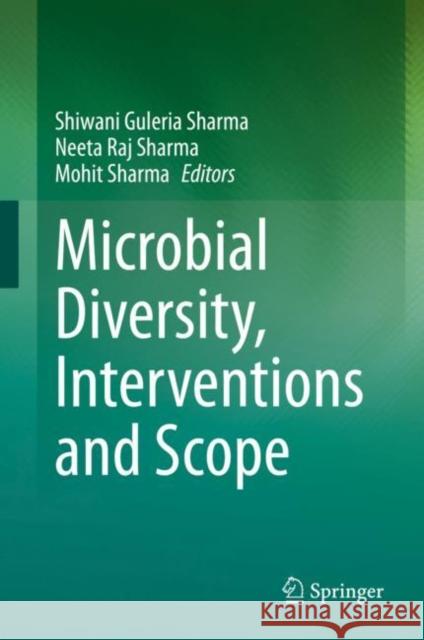Microbial Diversity, Interventions and Scope » książka
topmenu
Microbial Diversity, Interventions and Scope
ISBN-13: 9789811540981 / Angielski / Twarda / 2020 / 415 str.
Microbial Diversity, Interventions and Scope
ISBN-13: 9789811540981 / Angielski / Twarda / 2020 / 415 str.
cena 808,88
(netto: 770,36 VAT: 5%)
Najniższa cena z 30 dni: 771,08
(netto: 770,36 VAT: 5%)
Najniższa cena z 30 dni: 771,08
Termin realizacji zamówienia:
ok. 16-18 dni roboczych.
ok. 16-18 dni roboczych.
Darmowa dostawa!
Kategorie:
Kategorie BISAC:
Wydawca:
Springer
Język:
Angielski
ISBN-13:
9789811540981
Rok wydania:
2020
Wydanie:
2020
Ilość stron:
415
Waga:
0.72 kg
Wymiary:
23.88 x 19.56 x 2.03
Oprawa:
Twarda
Wolumenów:
01











